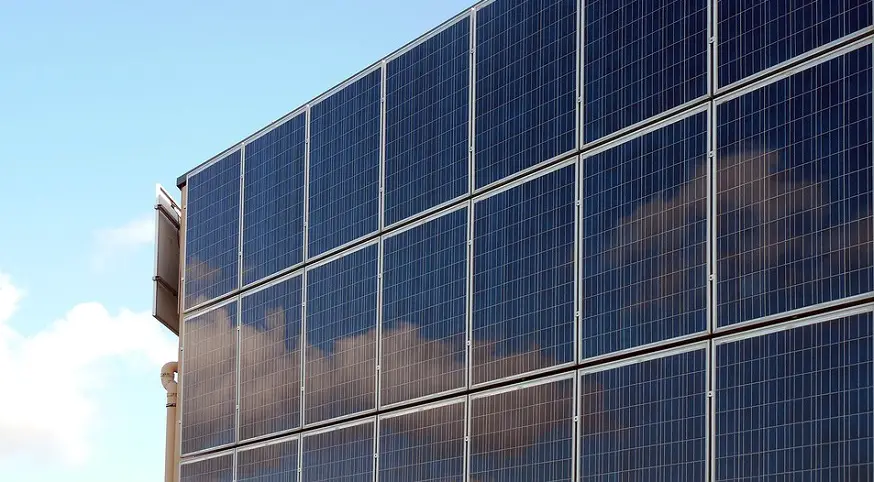
Solar panel efficiency could be notably improved with new algorithm
September 3, 2019Mathematics can improve PV solar panel power without the need for costly hardware upgrade.
Researchers from Canada’s University of Waterloo are using math to boost solar panel efficiency. The new algorithm could help prevent the waste of potential energy generated by photovoltaic (PV) solar panels system without having to replace expensive hardware or current circuitry systems.
The algorithm helps PV solar panel systems better handle power fluctuations.
In a paper recently published in the journal IEEE Transactions on Control Systems Technology, University of Waterloo PhD candidate Milad Farsi from the department of applied mathematics revealed how the algorithm assists PV panel systems better handle power fluctuations. It is those fluctuations that have historically led to wasted potential energy.
The algorithm has only been tested using simulations. However, Farsi and his supervisor, Professor Jun Liu, are excited about the possibilities this algorithm could hold for solar panel efficiency. The reason is that it has the potential to lower the commonly called “chattering” effect that robs panels of hundreds of potential kilowatt hours of energy each year.
It isn’t yet know how much solar panel efficiency can be improved.
The researchers don’t yet know how much the efficiency of the panels can be improved in the real world. They say it is still too early to estimate this as a number of variables, including heat and humidity, as well as the age and condition of the panels can impact the panel’s overall performance.
That being said, however, based on the researchers’ simulations, they have found that a small home-use solar array with 2 solar models of 335 watts could save as much s 138.9 kilowatt hours (kWh) per year.
To put this into greater perspective, the average Ontario household uses approximately 750 kWh of electricity each month.
What’s more, when the algorithm is expanded to large-scale solar power operations, the numbers are even better. Farsi and Liu predict that the Sarnia Photovoltaic Power Plant, Canada’s largest solar array, could find close to 1 million kWh per year in savings, which is enough to provide energy to over 100 homes.
“We do not change the hardware or require additional circuits in the solar PV system. What we developed is a better approach to controlling the hardware that already exists,” said Farsi in a news release.
 The researchers are eager to test their solar panel efficiency tests with their algorithm in the real world and are hoping to partner with the solar industry.
The researchers are eager to test their solar panel efficiency tests with their algorithm in the real world and are hoping to partner with the solar industry.



 With over 15 years of reporting hydrogen news, we are your premier source for the latest updates and insights in hydrogen and renewable energy.
With over 15 years of reporting hydrogen news, we are your premier source for the latest updates and insights in hydrogen and renewable energy.